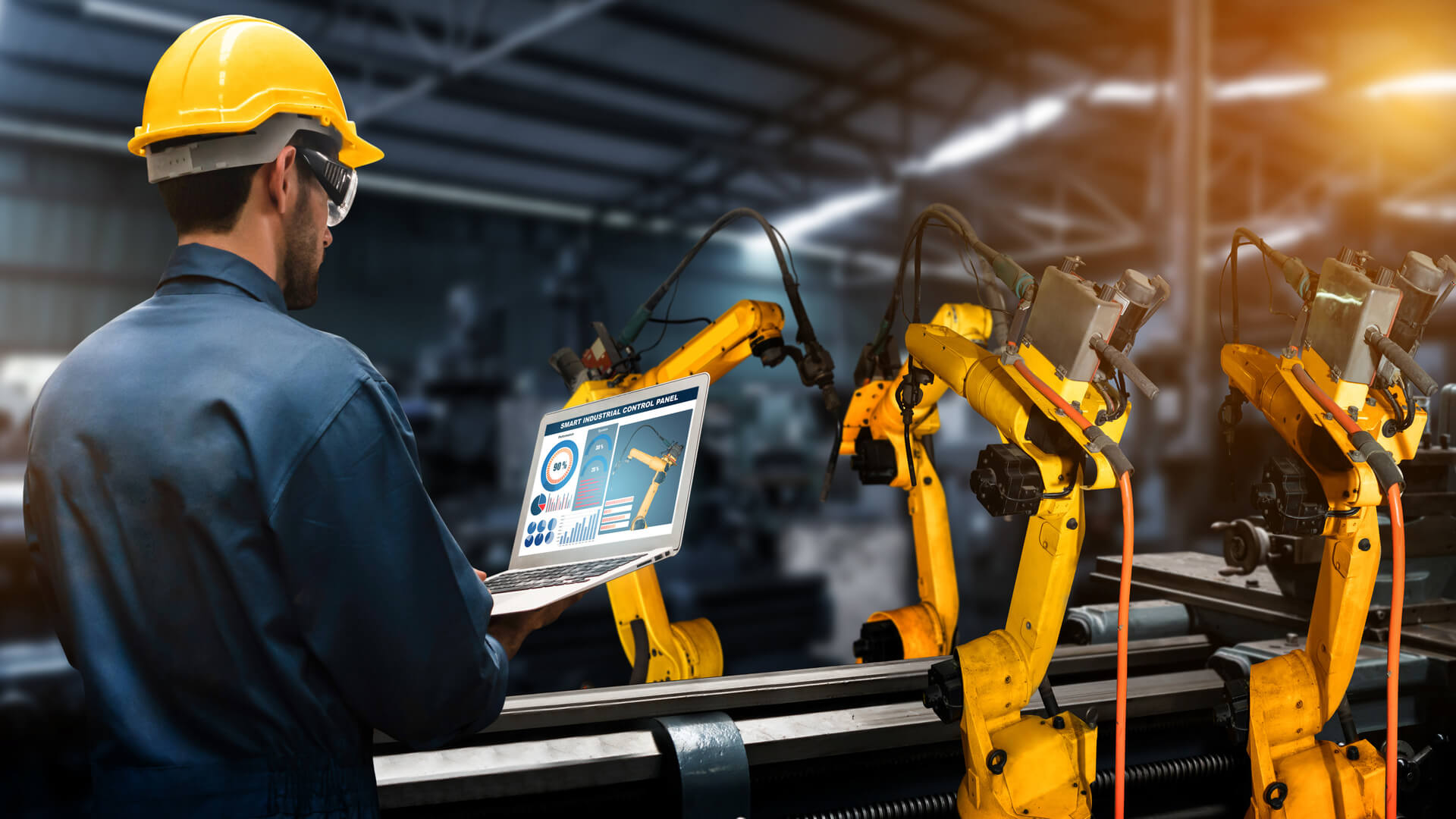How Smart Technology is Helping the Manufacturing Industry
In the world of manufacturing, the way things are produced has changed dramatically over the years. From the first moving assembly line created, through to the modern-day invention of Artificial Intelligence (AI), it’s safe to say that manufacturing methods have evolved quickly.
The secret to this progression is advances in technology. Not only has it allowed businesses to speed up production and increase efficiency it has brought greater profit margins too. In today’s market, it’s all about ‘smart technology’ or more accurately ‘enablers’.
Businesses now use technology to optimise their operations — from automated sales and distribution processes to energy management software. Here’s a list of the benefits smart technology can bring.
Artificial Intelligence
Artificial intelligence (AI) is a computer science that can help the capabilities of humans. Voice recognition for example, allows processes to be carried out without being manually entered into a computer. AI also uses algorithms that can record and react to changes in data to help businesses achieve more and increase efficiency.
Block chain
Block chain is essentially a programme that helps keep track of goods, logs transactions and manages supply chains, following a ‘chain-like’ process. For businesses, this information is essential – allowing them to record data and deliver real-time analytics on their stock and supply chain without manual input.
The Industrial Internet of Things
The collection of data has now become a significant priority for businesses looking to gain a deeper insight into their production processes. With the Industrial Internet of Things (IIoT), companies can ensure that every device, machine and process is connected through data communication systems. This gives them a greater understanding of their business and can look at ways of enhancing efficiencies and increasing profits.
Industrial Robotics
An extension of AI, industrial robotics have now become a focal element of the manufacturing process. Modern robotics can now carry out a range of tasks, whilst reducing the risk of injury to workers. Although robotics is a modern invention, they’re intelligent enough to learn human tasks.
More recently ‘collaborative robots’ or ‘cobots’ have been designed to work together with humans. Cobots have become prominent in the automotive industries to help build vehicles.
Digital Twin
Manufacturers can create a ‘digital twin’ when creating a new product — this allows them to virtually forecast its cost and production. Using this technology, they can evaluate production, visualise products in different environments, track and monitor systems and troubleshoot equipment. This results in a more streamlined development process.
Condition monitoring
Broken or machinery that needs repair can have significant impact on production. With condition monitoring, businesses can monitor a range of performance conditions, including vibration, temperature, pressure and oil condition. This can help manufacturers prevent breakdowns in equipment by noticing changes and faults at an early stage.
Cyber security
The rise in technology means businesses are open to digital malfunction, including the risk of cyber-attacks — which have been common in several industries. Cyber security is important as it protects computer systems from theft or damage to their software and electronic data. As the manufacturing sector is the third most hit sector in the UK for cyber-attacks, companies to ensure they are adequately protected.
A ‘smart’ way of working
As ‘smart technology’ continues to improve the way manufacturers can do business, evidence suggests that introducing new methods can have a positive impact on a company’s output and profit margins. With energy at the heart of manufacturing processes, it’s important that energy supply is efficient and automated. If you’re switching from oil to gas, such as Liquid Petroleum Gas (LPG) or Liquefied Natural Gas (LNG), speak to an expert for help with the process of becoming greener.

Stay updated with our latest publications.
Discover Issues
See how we can help you grow in the online space!
Advertise With Us
We can help promote your business.
Find Out More



